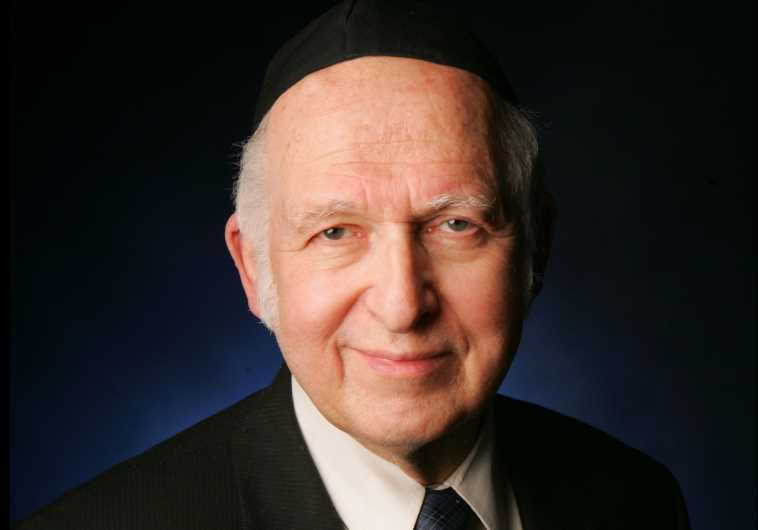Rabbi Aharon Lichtenstein, modern Orthodox visionary, dies at 81
Lichtenstein headed a prestigious religious-Zionist yeshiva and won the Israel Prize for his contributions to rabbinic scholarship.
 Rabbi Dr. Aharon Lichtenstein(photo credit: Wikimedia Commons)
Rabbi Dr. Aharon Lichtenstein(photo credit: Wikimedia Commons)